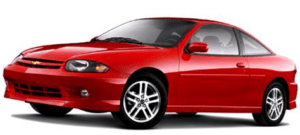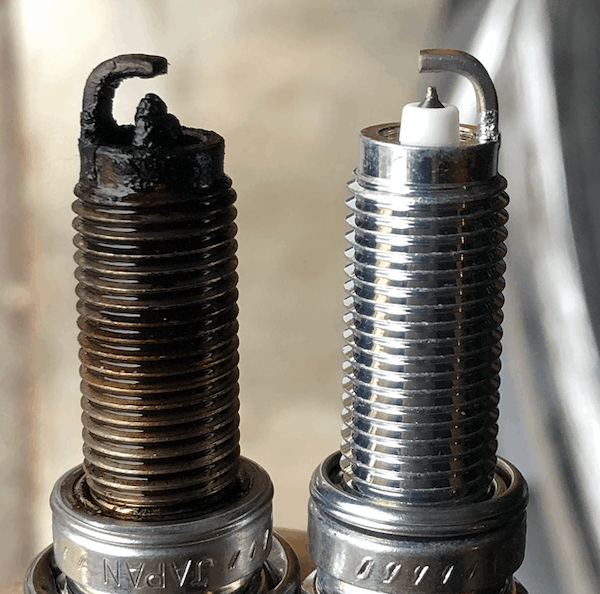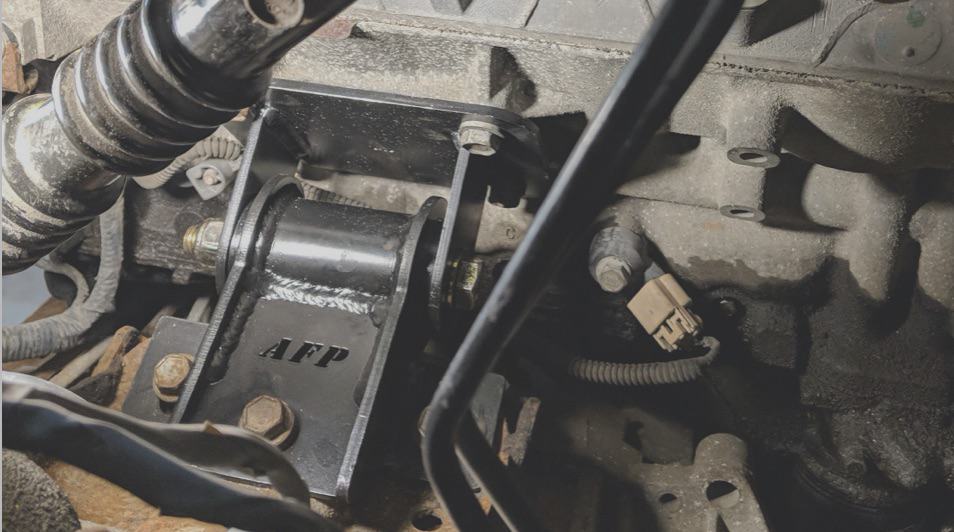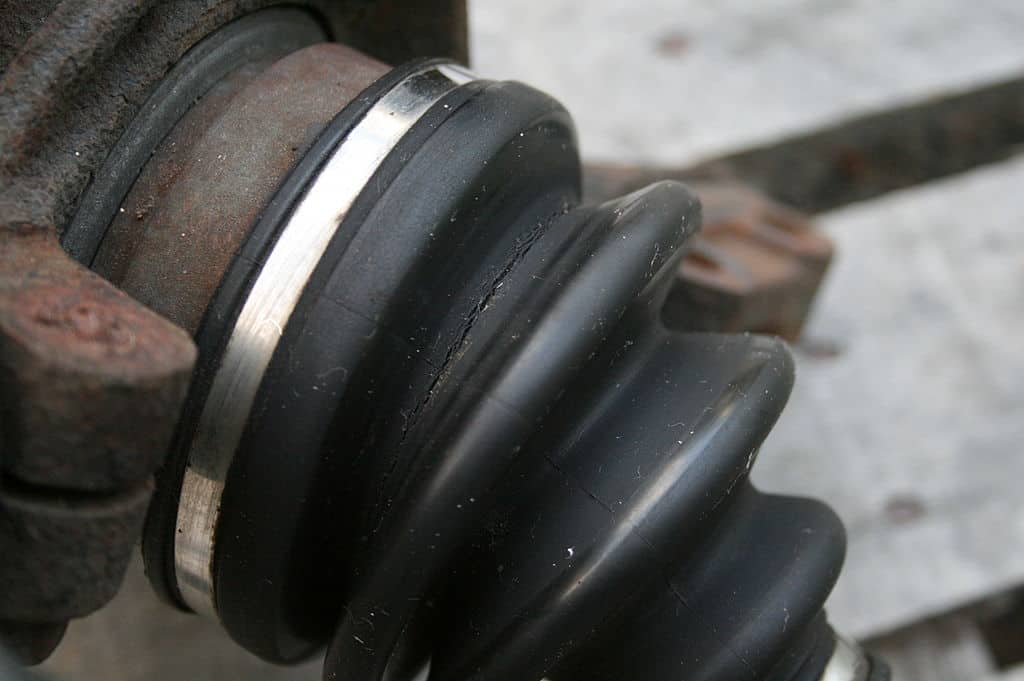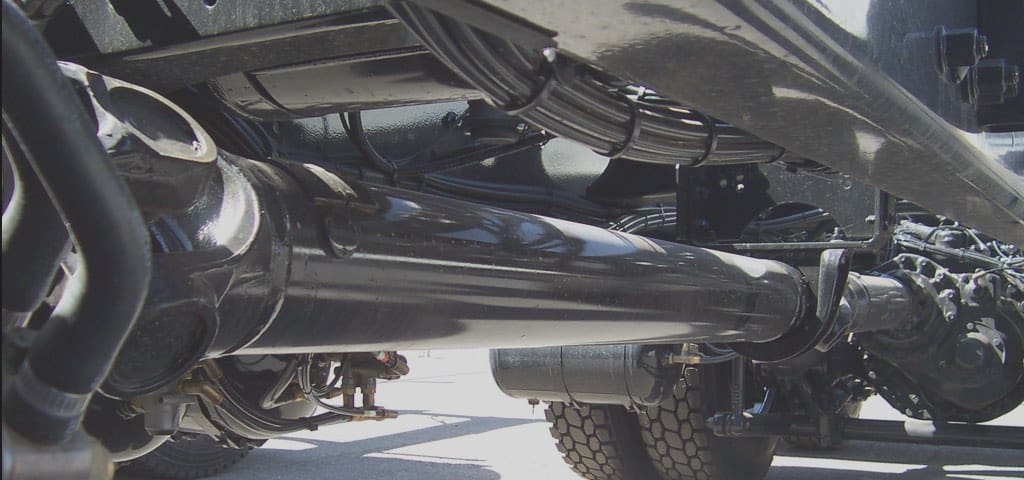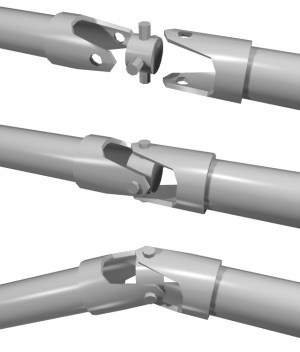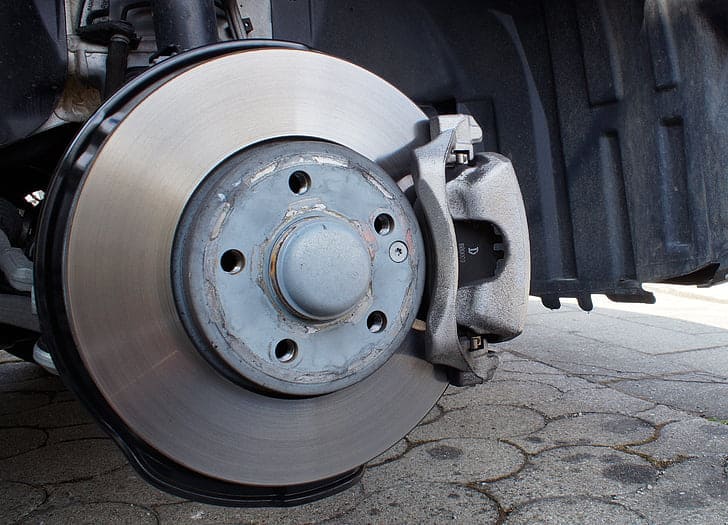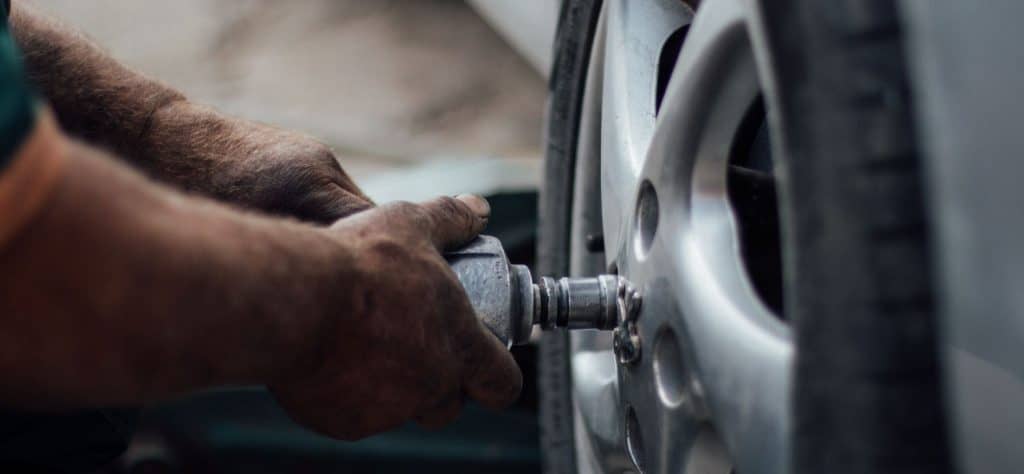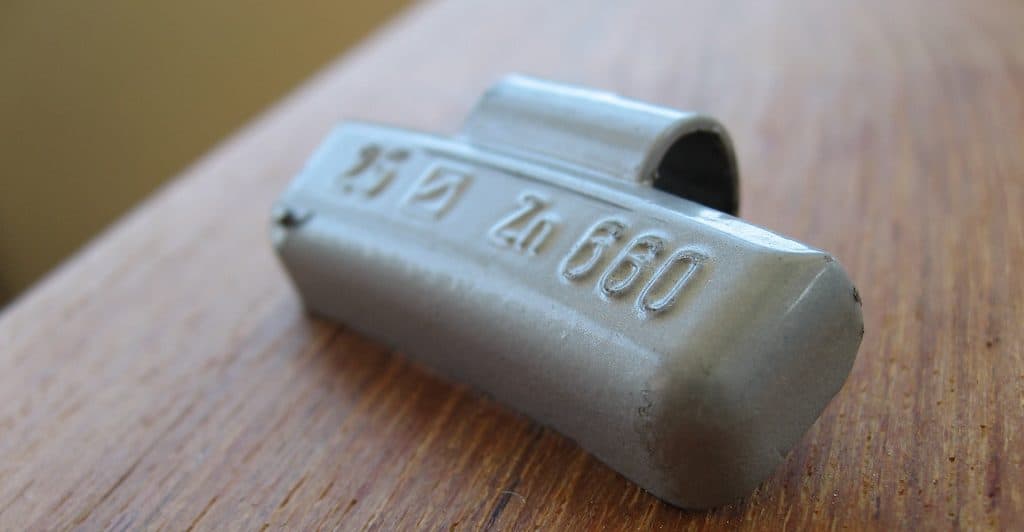One of the more common issues that can occur is a vehicle that shakes when accelerating. If your Chevy Cavalier is shaking when accelerating, it’s something that should not be ignored. While the vibration can be annoying, it is often indicative of a serious problem.
Speed Matters
Vehicle speed matters when you feel a vibration. Different problems are going to show themselves when driving at different speeds. If you’ve figured out that the problem is only happening when you are accelerating your Cavalier, that really helps narrow the problem down. The speed of the vehicle can help even more.
For instance, a vehicle that shakes when braking is going to have almost no overlapping causes with a vehicle that shakes when accelerating. For this reason, we’ve tried to include the most common speed associated with the different shaking causes listed directly below.
Chevy Cavalier Shakes When Accelerating: Causes
There are quite a few reasons that your Cavalier would shake when accelerating. Here are the most common ones. They are presented in a somewhat logical progression.
1. Misfire
Vehicle Speed: A Misfire can be felt at any speed, but is most noticeable at low RPM.
A misfiring engine is one of the most common reasons your Cavalier will shake when accelerating. A vehicle’s ignition system consists of spark plugs, coil packs, and maybe plug wires. If it is an older model, it’ll have a distributor and coil instead of coil packs.
If any of these ignition components fail to deliver enough spark, your vehicle will experience a misfire. With a misfire, you will almost certainly get a check engine light. Check the codes. You’ll more than likely have P0300 (Random Misfire) or you’ll get P030X, where the misfiring cylinder number is represented by the X. For example, P0301 is a misfire in cylinder 1.
Diagnosis
If you are going to diagnose a misfire from home, start with the spark plugs. Do they look like they are in good shape?
On the left here you can see a fouled spark plug. This particular plug was from a 5 year old Honda with 60,000 miles. Modern vehicles can and do foul plugs, particularly when cylinder deactivation technology is involved (as was the case in this example).
If you have a cylinder specific trouble code, there is an easy way to tell if it is the spark plug or coil pack. It’s called the swap test. Here’s how you do it:
- Verify the cylinder specific trouble code and write it down.
- Clear the trouble codes from the ECM.
- Swap the coil pack and plug wire (if equipped) with another cylinder.
- If the trouble code “moves” to a new cylinder, you have found your problem components. If it stays, replace the spark plug even if it looked good.
Here’s a couple of good resources with more in depth info: Bad Spark Plug Diagnosis, Oil on Spark Plug Causes
2. Bad Motor Mount
Vehicle Speed: A bad motor mount is going to be felt when immediately accelerating. You should feel a vibration as you let off the gas, although it may not be as pronounced.
The motor mount is responsible for connecting the Chevy Cavalier’s motor to the chassis. It also needs to absorb a significant amount of vibration. There are a few different types of motor mounts, but the most common kind uses a rubber bushing to dampen the vibration.
If the motor mount goes out, the vehicle will shake quite a bit when you accelerate. It can still get worse though. A motor mount that has broken will allow the engine to roll around under the hood, and you’ll hear a clunking sound.
There’s more than one motor mount on a vehicle. If one of them goes bad, in addition to the extra vibration and shaking, it also creates extra stress for the other mounts. Here’s more on bad motor mount diagnosis.
Inner CV Joint
Vehicle Speed: If you have a damaged CV joint, it’s most likely going to be noticed at all speeds. But, it could feel worse when turning, and when accelerating hard.
The CV joint is responsible for sending power to the front wheels of both front wheel and all/four wheel drive vehicles. The inner CV joint is most likely to be the part of the CV shaft that has gone bad.
More often than not, a bad CV joint is caused by a torn boot. The protective boot goes over the CV joint and keeps oil in and debris out. It is really easy to tell if the boot is bad. Just take a look. There will likely be grease all over the undercarriage around the boot. The boot shown above has a small tear.
Driveshaft
Vehicle Speed: When a U-joint or driveshaft goes bad, there is usually a certain speed that the shaking is most pronounced at. If you keep accelerating, it’ll often “push through” and stop vibrating.
Rear wheel drive and all wheel drive vehicles use a driveshaft to transfer power from the engine to the rear wheels. The driveshaft is a simple tube that connects the transmission to the rear axle.
It is possible for the driveshaft itself to get bent. It is much more likely that a universal joint has gone bad. The universal joint has to change the direction in which something spins.
Look at the diagram below. As it wears out, there will be play between it and the driveshaft, which causes shaking when accelerating, and consistent shaking at certain speeds. Here’s a little more on the subject if you suspect this is what is going on with your vehicle.
Stuck Brake Caliper
Vehicle Speed: If you have a brake caliper, your Cavalier will shake more and more as you accelerate. You’ll also feel it in the steering wheel, and it’ll likely pull to the left or right depending on which side of it the caliper is sticking on.
A stuck brake caliper can happen to any vehicle. It can happen for a number of reasons, such as the piston in the caliper getting stuck, or a crimped brake line. More than likely, you’ll need to replace the caliper. Here’s more on how to tell if your Cavalier’s brakes are sticking.
Diagnosis
It’s easy to tell if the caliper is bad.
- The wheel in question will have a strong odor coming from it, like that burning carpet.
- The steering wheel will shake.
- The vehicle will pull to one direction.
- The wheel in question will have more brake dust than the other wheels.
- The brake pad will more than likely be glazed.
Loose Lug Nuts
Vehicle Speed: The shaking and vibration should be felt at any speed. It will feel worse at certain speeds and better at others. It depends on the vehicle, wheel in question, and how loose they are as to exactly what speed that would be.
Lug nuts can cause a vehicle to shake when accelerating. If there is any doubt in your mind as to whether or not they are all the way tight you need to get your Cavalier off the road as fast as safely possible and check.
Diagnosis
Loose lug nuts usually show themselves after a tire change, rotation, or any other work that has been recently performed on the vehicle that would require the removal of a wheel. Get a torque wrench and torque all four to factory specs.
Tire Balance or Poor Wheel Alignment
Vehicle Speed: You’re most likely to feel the vehicle shake as you gain speed. You shouldn’t notice much of anything under 30 miles per hour.
Tire balance can cause an automobile to shake when accelerating. Tires use wheel weights in order to achieve “balance”. This corrects any vibration that would otherwise occur. These weights can fall off over the life of the tire. When they do the tire will vibrate.
A poor wheel alignment can cause the tires to wear unevenly and the vehicle to shake. It is very likely that the vehicle is out of alignment if you’ve recently run up a curb, hit a large pothole, went over a speed bump too fast, etc.
Diagnosis
Take a look at your wheels. If you see a spot where a wheel weight used to be, that’s a good indication that you found the problem. You’ll see the other wheel weights. The outline of a missing wheel weight is obvious and not something that you can easily miss.
A poor alignment will show itself in tires that are not worn correctly. If it is only recently that the vehicle has been knocked out of alignment, you won’t see any physical evidence by looking at the tires. Your mechanic of choice can check your alignment for you.
Other Engine Problems
Vehicle Speed: Other engine issues can be felt at any speed, but is most noticeable at low RPM.
If your engine is running rough, you should check to see if the check engine light is on. There is a lot stored in the ECM that can tell you what is going on. Here are some of the problems that can cause a vehicle to shake when accelerating that can come from the engine:
- Vacuum Leak
- Bad MAF Sensor
- Fuel Delivery Issue
- Valves Need Adjustment
- Air Fuel Mixture
- Clogged Fuel Injector
Any of these issues can cause the engine to shake. While the list may look daunting, if there is not a trouble code related to the listed items stored in the computer, it’s unlikely that they are the problem.
Here’s more on a sputtering engine.
Wrapping Up: Cavalier Shakes When Accelerating
Clearly there are a number of issues that can cause your steering wheel to shake while accelerating. Hopefully this article helped you narrow them down. If you found out the cause of your Cavalier’s shaking issue, please leave a comment below. You may be able to help the next person who finds their way here. Good luck!

